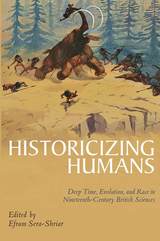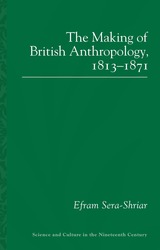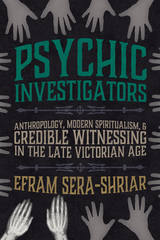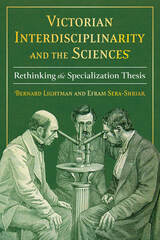
A number of important developments and discoveries across the British Empire's imperial landscape during the nineteenth century invited new questions about human ancestry. The rise of secularism and scientific naturalism; new evidence, such as skeletal and archaeological remains; and European encounters with different people all over the world challenged the existing harmony between science and religion and threatened traditional biblical ideas about special creation and the timeline of human history. Advances in print culture and voyages of exploration also provided researchers with a wealth of material that contributed to their investigations into humanity’s past.
Historicizing Humans takes a critical approach to nineteenth-century human history, as the contributors consider how these histories were shaped by the colonial world, and for various scientific, religious, and sociopolitical purposes. This volume highlights the underlying questions and shared assumptions that emerged as various human developmental theories competed for dominance throughout the British Empire.


Psychic Investigators examines British anthropology’s engagement with the modern spiritualist movement during the late Victorian era. Efram Sera-Shriar argues that debates over the existence of ghosts and psychical powers were at the center of anthropological discussions on human beliefs. He focuses on the importance of establishing credible witnesses of spirit and psychic phenomena in the writings of anthropologists such as Alfred Russel Wallace, Edward Burnett Tylor, Andrew Lang, and Edward Clodd. The book draws on major themes, such as the historical relationship between science and religion, the history of scientific observation, and the emergence of the subfield of anthropology of religion in the second half of the nineteenth century. For secularists such as Tylor and Clodd, spiritualism posed a major obstacle in establishing the legitimacy of the theory of animism: a core theoretical principle of anthropology founded in the belief of “primitive cultures” that spirits animated the world, and that this belief represented the foundation of all religious paradigms. What becomes clear through this nuanced examination of Victorian anthropology is that arguments involving spirits or psychic forces usually revolved around issues of evidence, or lack of it, rather than faith or beliefs or disbeliefs.

READERS
Browse our collection.
PUBLISHERS
See BiblioVault's publisher services.
STUDENT SERVICES
Files for college accessibility offices.
UChicago Accessibility Resources
home | accessibility | search | about | contact us
BiblioVault ® 2001 - 2024
The University of Chicago Press









